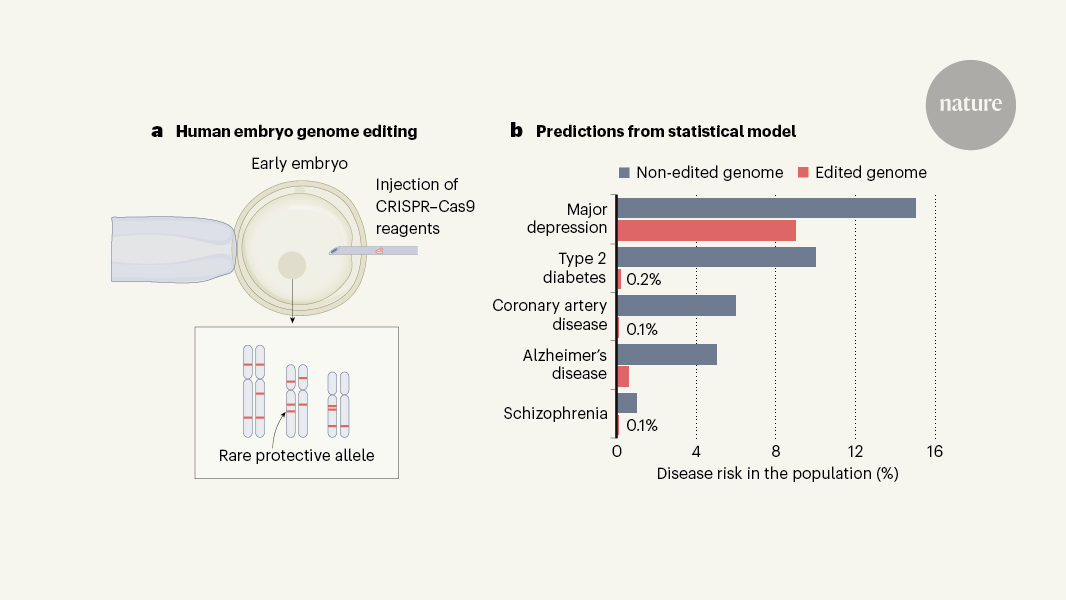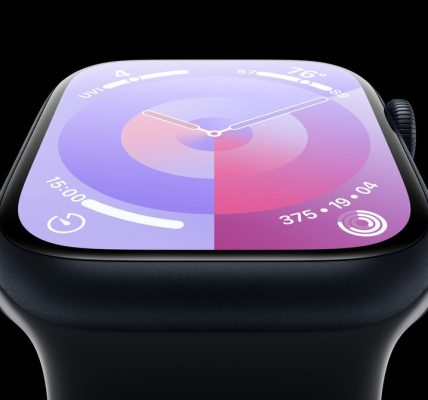Despite the rosy predictions, embryo editing against disease is unsafe and has no proven success
A study of polygenic genome editing in human embryos raises new concerns about genetic eugenics and how genetic editing will improve the odds of certain diseases
S.C. is supported by a research grant from the National Human Genome Research Institute of the National Institutes of Health (grant no. R01HG011711), is a paid consultant and holds stock options at MyHeritage, and collaborates with 23andMe and Juno Genetics.
The study says that polygenic genome editing in human embryos can be used to reduce the chances of certain diseases, but it raises new concerns of the threat of eugenics. There are other caveats too, the researchers report. The authors say that publishing this work will help start a discussion about what might happen if more-sophisticated genetic editing technologies become available within 30 years. Societies should consider benefits and risks before that day comes.
Gene-editing tools currently in development, called multiplex technologies, are projected in the coming decades to enable rapid precision DNA editing at tens, or even hundreds, of locations. The researchers found that, in some cases, editing a single variant associated with a polygenic disease can have strong effects, and, with the exception of MDD, editing up to ten genes associated with a disease can reduce its lifetime prevalence by an order of magnitude.
Peter Visscher, a statistician and geneticist at the University of Queensland, Australia, and his colleagues modelled the consequences of simultaneously editing specific variants linked to a number of diseases, including Alzheimer’s disease, schizophrenia, type 2 diabetes, coronary artery disease and major depressive disorder (MDD).




